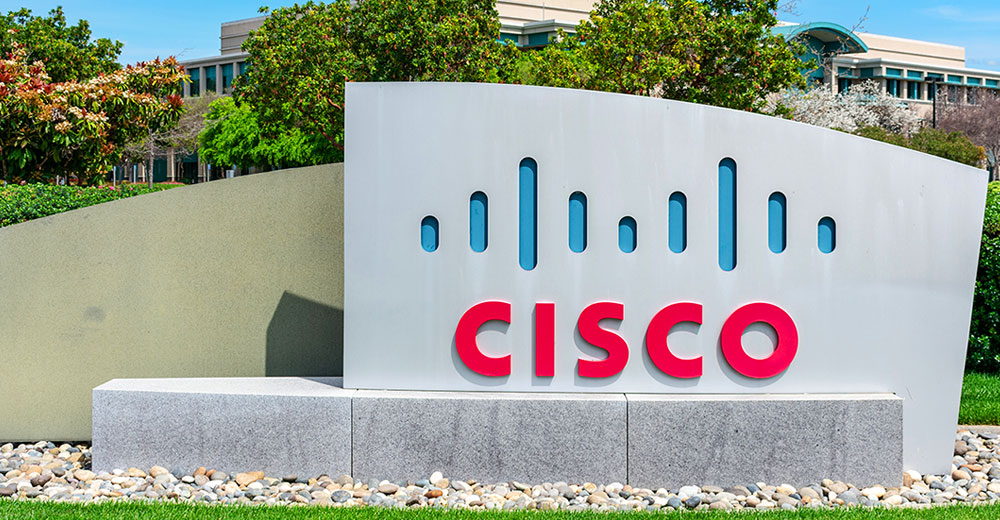As most of us know by now, the Bitcoin is a digital currency, a virtual currency. It is not controlled by any central governmental authority and, as such, is not subject to a government-directed devaluation. Those who hold Bitcoins as an investment should be especially wary because it has experienced wide fluctuations in value due to the market forces surrounding such a monetary unit.

Because they are a virtual currency, the holder of Bitcoins does not have to carry them around or for that matter hide them under a mattress. In fact, one can pay for a meal in some restaurants by merely using a smartphone and having it scanned by the cashier. No credit card fees. No debit card fees. No purse or wallet to carry.
Why the Negative Publicity?
Bitcoins have certainly been subject to negative publicity. There are several reasons for this. First, it is a new currency — a virtual one that does not have the backing of any country. This naturally scares a lot of people and makes for good news stories.
Additionally, the Bitcoin has been used in nefarious transactions such as drug trading and money laundering. These activities neither endear it to the press nor, for that matter, to law enforcement officials. In fact, in U.S. law enforcement officials’ recent raid on drug-trafficking Silk Road, they seized about US$3.6 million in Bitcoin. This was the second largest seizure of Bitcoin, and it caused a temporary drop in the currency’s value. Some regarded this seizure as a major test of the permanency of Bitcoin, and to date it seems to have survived that test quite well.
Another reason why the Bitcoin gets negative publicity is that there are investors who are speculating in Bitcoins. This type of speculation can cause wildly gyrating prices and can hurt the person who is holding Bitcoins for more conventional purposes.
Finally, many people don’t like a currency that is outside of the purview of governmental authorities. It is too unknowable for too many people. What exacerbates this situation is that there is a massive amount of computer programming behind the Bitcoin. This programming creates cryptic firewalls to prevent counterfeiting. Although this is a good thing, it’s a bit too techy for a lot of people.
Costs of Paper Currency
It has been calculated that it costs governments worldwide many millions of dollars a year to print, distribute, store and monitor the flow of paper currencies. Additionally, think about the costs of ATM machines, money-counting machines that many banks and businesses own and security measures to protect paper currencies such as vaults, armed guards, etc.
Looking at paper currencies from a 21st century point of view certainly makes them look archaic. Just think of what is presently happening in the newspaper world, where so many papers have been closed due to the inroads that digital technology has made on the medium. In fact, many predict the total demise of newspapers within 20 years.
Looking at currencies in the same vein, one would think that the time of the paper currency is limited. My guess is that some day it will appear as an archaic mode of monetary exchange. It seems logical to me that what will replace this seemingly outdated currency is none other than a digital currency.
The Wave of the Future
Maybe the time has come for our government and other governments to stop looking at digital currencies with a jaundiced eye. Admittedly, it may be too early for most people to take digital currencies seriously. It’s just too threatening an idea.
Still, I don’t think that it’s too soon for governments to start planning ahead and to look at digital, virtual currencies as the wave of the future. Paper currencies are already costing governments around the world many millions of dollars a year; in the meantime, “techies” have created virtual currencies that can cross geographic-borders in a flash, virtually cost-free.
International corporations could benefit from having digital currencies with which to transfer funds. It would save them many millions of dollars a year in transaction fees. Additionally, it would save them a great amount of time. When money is transferred from one country to another, it is still too slow and costly a process. With a virtual currency, a digital currency, it can be almost instantaneous.
One Caveat
The more I have read about and thought about digital currencies, the bigger a fan I have become. It is no longer some arcane concept for me. Rather, it is a natural morphing from the paper world to the binary world.
Initially, I was rather critical of digital currencies because too many of their holders were using them for illicit purposes. It seemed like a currency underworld peopled by those who had to hide from the scrutiny of the law.
Since then, I have come to believe that they can really work on a worldwide scale with oversight from governmental agencies. Of course, there are many economic ramifications, such as what happens to the specific currencies of the various nations if there is a widespread acceptance of digital currencies.
Will there be turf wars over which will be the dominant currency? Or, will the dollar simply morph from a paper representation of value to a digital representation of value? My guess is that it will.
Nevertheless, there is no doubt in my mind that governments, specifically the U.S. government, must closely look at what is happening in the digital currency world and must start extrapolating from the current monetary situation to what the currency world will look like in a few short years from now.
It’s better to start speculating now about the arrival time of the next monetary train than to see it pass the station and leave the U.S. scurrying to figure out what happened.








































Social Media
See all Social Media